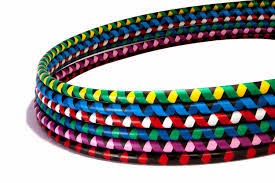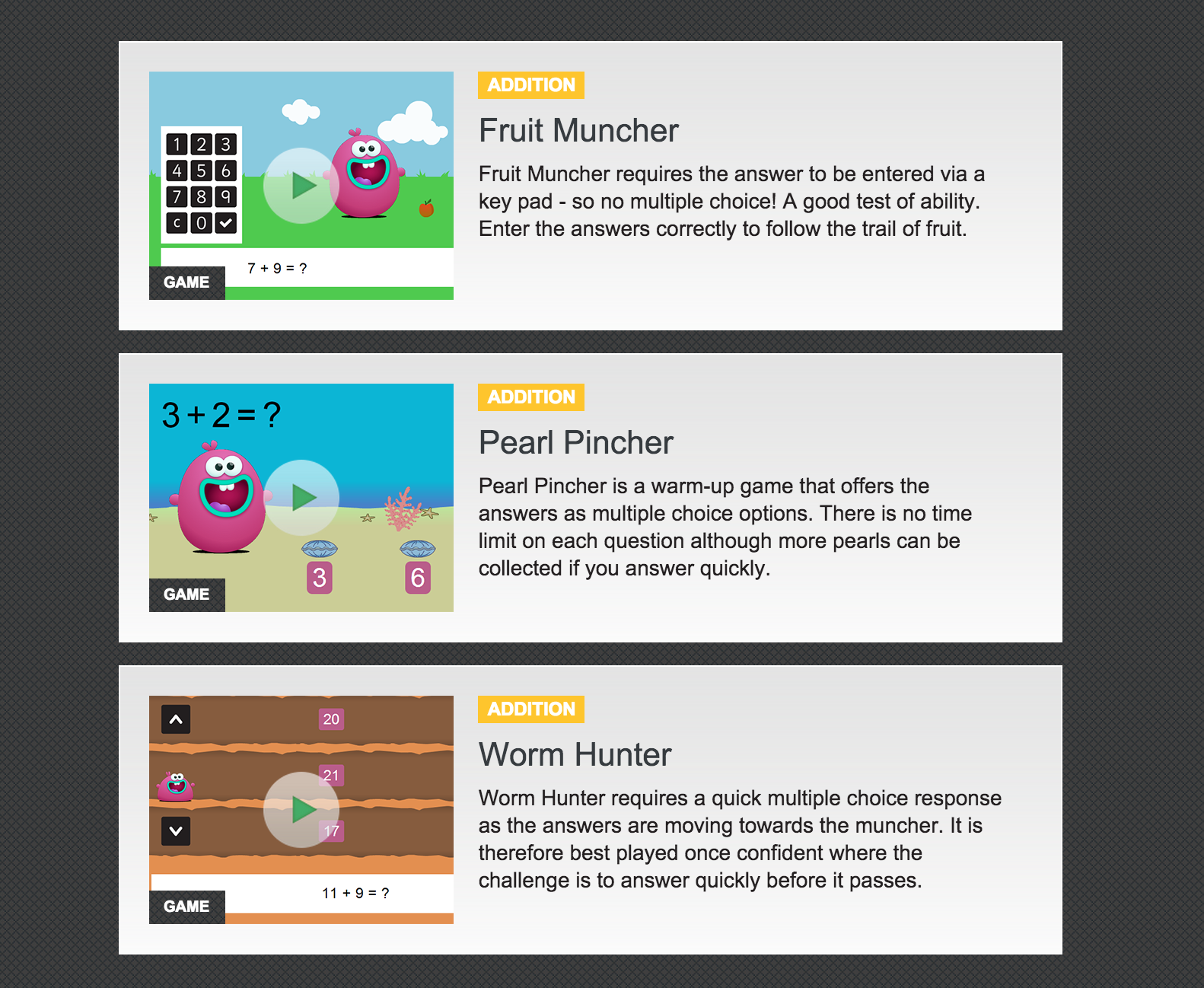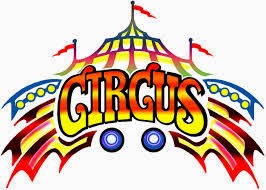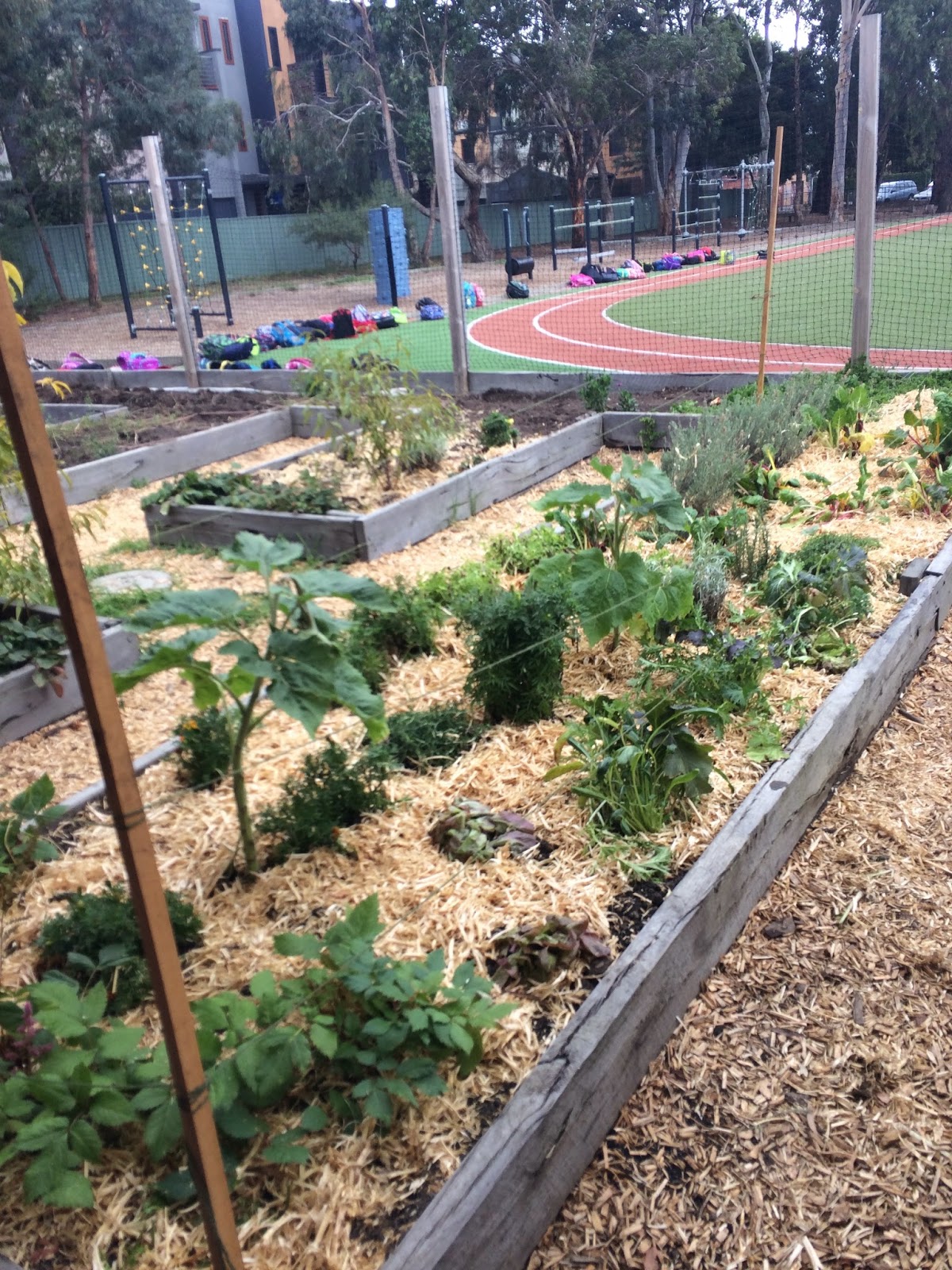The children have worked very hard to get the Year 2 Newspaper ready for printing by the end of term 1. The final finishing touches were completed this morning. The children have contributed to the paper in variety of ways including writing articles, taking photos, creating drawings and comics, editing writing and assisting with the layout design. Copies will be printed and available to read in the Neighbourhood at the beginning of next term. The slide show below allows you to see wonderful work that has been completed by the Year 2 Neighbourhood.
Friday, 27 March 2015
Thursday, 26 March 2015
Year 2 Newspaper: First Edition
The Year 2 Newspaper, first edition is almost finished. Come in to the Neighbourhood and have a look at the publishing board!
Monday, 23 March 2015
Week 8 Happenings!
Last Week of Term 1
Special Guest Editor
Tuesday
Art & Italian (2J)
PE & Art (2S)
Italian & PE (2A)
Wednesday
Circus
Sharing of Reading Journal with the teachers
Sharing of Reading Journal with the teachers
Thursday
Singing with Deb
Art (2A)
Italian (2S)
PE (2J)
Library Visit
Friday
Assembly @ 2pm
Assembly @ 2pm
Last Day of term 1
School finishes at 2:30
Thursday, 19 March 2015
Children’s Book Festival 2015 at the State Library of Victoria
Calling all kids! Get ready to dive into books and reading at the Children's Book Festival.
|
Date
|
22 March 2015, 10:00am–4:00pm
|
|
Cost
|
Free
|
|
Bookings
|
|
|
Bookings for some sessions required, see link below.
|
|
|
The big day out for little readers is back … it’s time for our annual Children’s Book Festival celebrating the wonderful world of children’s literature and storytelling.
It’s a day when we invite kids − and their parents − to dive into the pleasures of books and reading, in as many different ways as possible. All you have to do is turn up and start roaming across the lawns and throughout the Library and the Wheeler Centre − there’s plenty to discover. For one big day, it’s all been turned into your very own children’s literary playground.
Meet your favourite authors and illustrators − from big names like Shaun Tan, Hazel Edwards and Andy Griffiths, to terrific emerging talents in the world of children’s books. There are storytellers, musical acts and performers of all sorts to discover. Grab a book from the picnic library and sink into a beanbag to get lost in it. Help create a giant book that will become a memento of the day. And drop by the Children’s Book Festival Monster Marquee, where you can make your own horns to wear all day long.
Read, listen, dance and make things … it’s an active day of fun for the whole family to enjoy together.
Suitable for ages 5 to 11. See event program below.
Bookings
All events are free but bookings are required for Meet the Author and Illustrator sessions with Tristan Bancks, Hazel Edwards, Andy Griffiths and Terry Denton, Oliver Phommavanh, Shaun Tan and Gabrielle Wang.
Tickets for these will be available from 9am Wednesday 11 March at wheelercentre.com.
Get in quick − these Meet the Author and Illustrator sessions will book out. Booking is required for each child and accompanying adult. If you miss out, don’t worry, you can still bring your book along to be signed by your favourite author. All other activities on the day do not require booking.
|
|
Sunday, 15 March 2015
Maths home learning: Online Challenges and Games
Hi everyone,
Many of the children have signed up for the Numerical Acumen 2015 challenge. This is an online program and children are able to log in and play at home as well as during Learning Agreement.
The login and password are both your child's first and last name, no spaces, no capitals. If that doesn't work, a couple of children's username is their first name and password is their last name.
e.g.
username: simonekentley
password: simonekentley
For the children who have signed up and for who the program suits, the challenge provides an opportunity for mental addition practise with incrementally challenging problems. This complements the teaching and learning of addition mental strategies, some of which were taught last year and will continue to be covered this year.
Mental addition strategies that feature in Numerical Acumen:
It is not expected that all children will engage with the challenge for two main reasons:
ANOTHER OPTION:
For those children who have not signed up or for whom Numerical Acumen is not a suitable program, here is the link to 3 engaging games that will allow the development of addition and takeaway strategies in a different game format via TES number. These games provide incrementally challenging problems that the children can work through (sections are revise, learn, extend).
Folder 1
http://www.tesnumber.com/yau195/f1
For more challenging problems:
Folder 2 (same games, slightly harder level)
http://www.tesnumber.com/yau195/f2
Many of the children have signed up for the Numerical Acumen 2015 challenge. This is an online program and children are able to log in and play at home as well as during Learning Agreement.
The login and password are both your child's first and last name, no spaces, no capitals. If that doesn't work, a couple of children's username is their first name and password is their last name.
e.g.
username: simonekentley
password: simonekentley
For the children who have signed up and for who the program suits, the challenge provides an opportunity for mental addition practise with incrementally challenging problems. This complements the teaching and learning of addition mental strategies, some of which were taught last year and will continue to be covered this year.
Mental addition strategies that feature in Numerical Acumen:
- Doubles
- Near Doubles
- Adding Near Tens
- Hop to Ten (missing part problems)
- Some children may not respond well to timed mathematics practise
- Some children may not have YET consolidated the mental addition skills needed to complete the problems efficiently.
ANOTHER OPTION:
For those children who have not signed up or for whom Numerical Acumen is not a suitable program, here is the link to 3 engaging games that will allow the development of addition and takeaway strategies in a different game format via TES number. These games provide incrementally challenging problems that the children can work through (sections are revise, learn, extend).
- FRUIT MUNCHER
- PEARL PINCHER
- WORM HUNTER
Folder 1
http://www.tesnumber.com/yau195/f1
For more challenging problems:
Folder 2 (same games, slightly harder level)
http://www.tesnumber.com/yau195/f2
Thursday, 12 March 2015
Week 7 Happenings!
Monday
Special Guest Editor
Tuesday
Circus
Art & Italian (2J)
PE & Art (2S)
Italian & PE (2A)
Sharing of Reading Journal with the teachers
Thursday
Special Guest Speaker
Singing with Deb
Art (2A)
Italian (2S)
PE (2J)
Library Visit
Friday
Special Guest Speaker
3pm Assembly
Circus Performances: Date and Time
Circus Performances
The celebration of
the circus provocation as part of our inquiries around ideas of creativity will
be held in term two. The school has been divided into two groups to perform on
the following evenings;
Group A: Tuesday
28th April
Group B:
Wednesday 29th April
Time: 7.00 –
8.30pm
Venue: Gymnasium
Costumes will be provided but we ask that children wear
black or dark clothing under these. We also request that children come to the
show with ‘crazy hair’.
|
SHOW A
|
SHOW B
|
|
Grade
|
Grade
|
|
Prep M
|
Prep E
|
|
Prep H
|
1S
|
|
1V
|
1N
|
|
1H
|
2J
|
|
2S
|
2A
|
|
3/4L
|
3/4R
|
|
3/4K
|
3/4M
|
|
3/4N
|
5/6T
|
|
5/6P
|
5/6W
|
|
5/6K
|
Tuesday, 10 March 2015
Week 6 Learning Agreement
Week 6 Learning Agreement
Our Learning Agreement now has our weekly Reading, Writing, Maths and Word study foci. These link to our student profiles.
Writing Focus:
• Explain some different reasons why people write.
• Have a go at writing different types of texts.
Reading Focus:
• State the main idea and provide details from the text to support it.
Maths Focus:
Place Value, Multiplicative strategies, Problem Solving Strategies
Word Study Focus: Suffix: -er
T1W6 Learning Agreement 6.docx
Saturday, 7 March 2015
Green Club and the Neighbourhood Gardens
The Garden Club
The garden club has been inspired by a group of Year Two girls who would like to see our Princes Hill community take better care of our environment and gardens.
Their idea has SPREAD and created CHANGE!
Antonija (Nina's mum) has long been involved in the school grounds maintenance and gardening. She has organised a monthly get-together of parents who would like to support the Neighbourhood Gardens. They met for the first time last Friday (5th March) and with the support of some Year Twos, they made a huge impact on our garden plots. Thank you to those parents who came along to help!
We now have herbs and some vegetables and other plants growing and we are looking at having the students propagate other seeds for future planting.
There is so much learning involved in gardening. The children have already fed back the maths that they saw and used such as measurement and counting in various ways. We are learning about AREA so this will tie in nicely too.
Looking after our environment is the key to our sustainability as our planet becomes more and more populated and the trend of over consumption and waste becomes ever more prevalent.
If you would like to help out on the FIRST FRIDAY OF EVERY MONTH, 9AM then please get in contact with Antonija.
Different students will have the opportunity to volunteer to help the garden club on these days and other opportunities for the children to be involved in gardening will arise throughout the term.
If you would like to volunteer to take some Year Twos up to the Neighbourhood Gardens to do some gardening at other times during a Learning Agreement then please see Simone with your availability.
Thank you all!
Friday, 6 March 2015
Construction Area: Symmetry
In the Construction Area the children have been creating symmetrical designs. The children have been creating some very elaborate designs in small groups using pattern blocks and lego. Below are some examples.
Home Learning: Where can you find symmetrical patterns in real life?
Home Learning: Where can you find symmetrical patterns in real life?
Expert Visitors in the Year 2 Neighbourhood.
What an exciting week the Year 2 Neighbourhood have had with 3 wonderful parent experts visiting to share the different ways they respond to their own wonderings.
Kate gave everyone (including the teachers) some savvy media tips for researching wonderings, Dr Ben answered a range of student questions on the body, and Justine talked us through the process she goes through when preparing for and meeting the needs of her clients, as a creative make up artist. Thank you so much to each of these parents for visiting. So many wonderings answered and new ones created!
Kate gave everyone (including the teachers) some savvy media tips for researching wonderings, Dr Ben answered a range of student questions on the body, and Justine talked us through the process she goes through when preparing for and meeting the needs of her clients, as a creative make up artist. Thank you so much to each of these parents for visiting. So many wonderings answered and new ones created!
Week 6 Happenings!
Monday
Public Holiday - No School
Tuesday
Circus (2J & 2S)
Art & Italian (2J)
PE & Art (2S)
Italian & PE (2A)
Sharing of Reading Journal with the teachers
Wednesday
Wednesday
Circus (2A)
Thursday
Singing with Deb
Art (2A)
Italian (2S)
PE (2J)
Library Visit
Special Guest: Kate (Jemima's Aunty & Journalist)
Friday
3pm Assembly
Tuesday, 3 March 2015
Circus!
 Today Sam told the children what equipment they will be using in the whole school circus performance. 2SK and 2JB will be using devil sticks and 2AK will be using hula hoops. The children have order forms for equipment. It is not compulsory to purchase equipment. The neighbourhood will be given equipment for the children to use in class time and the children will be given time to practice for the performance.
Today Sam told the children what equipment they will be using in the whole school circus performance. 2SK and 2JB will be using devil sticks and 2AK will be using hula hoops. The children have order forms for equipment. It is not compulsory to purchase equipment. The neighbourhood will be given equipment for the children to use in class time and the children will be given time to practice for the performance. Monday, 2 March 2015
Parent Information Night
Information from the Parent Information Night
Home Learning
Home Learning
We understand the wide
range of activities and learning children engage in outside of school and we
consider that this as a part of home learning. We also understand that there
are many differing opinions as to the expectations around home learning in our
community. Therefore it is personal to you as a family as to when and how home
learning occurs within your family context.
Learning opportunities offered through the
neighbourhood blogs that are specific to the year level.
Connect maths and literacy to their interests:
Many children see the point of maths when it helps them with something they are
interested in. Look for the maths that is connected with something they care
about, whether that's sport, cooking, animals, or choosing the best package for
their next mobile phone. Set tasks those have some flexibility, so that the
challenge (such as working out the perimeter of a rectangle) can be set in a
context that appeals to the individual child. A rectangle can be a soccer
field, a map, a TV screen or a poster. Games are also a fantastic way of
engaging in maths– set these for home-learning and encourage your children to
teach you how to play.
Literacy is prevalent in all learning. There are so
many opportunities for literacy learning in everyday life in activities such as
writing lists, reading signs, having an opinion and expressing an idea.
Engaging in learning is to be literate.
Real-life problem solving:
At school we do what we can to make maths real, the artificial settings of
maths questions asked in many textbooks that are for sale and computer homework
programs don't always compare with the reality of everyday problems such
planning a journey, choosing the best phone package or figuring out the layout
of a new bedroom. So consider having your child working on maths problems that reinforce
a message about the link between maths and everyday life.
Ideas
for home learning can be found on neighbourhood blogs.
Tracking and Assessment
·
The
purpose of assessment is to understand where a child is in an aspect of their
learning, so what they know, what they can do, what they understand and where
to next.
·
We
regularly assess at the whole-group, small-group and at the individual level.
·
There
are two categories of assessment:
o
FORMATIVE
ASSESSMENT, which is based on day-to-day observations and assessments made by
teachers. We undertake this at various points during a learning situation.
§ This form of assessment guides our planning
of workshops, target teaching, and learning agreement provocations in authentic
ways. It allows us to respond to what children need in order to develop new
thinking and understanding. It also allows us to spontaneously target children
at their point of need during a learning situation.
o
SUMMATIVE
ASSESSMENTS are based on more formal, sometimes externally developed tests and
are used mostly used at the end of a period of learning. This helps us evaluate
progress and growth.
·
Assessments
we most commonly use include;
· Conferencing with the children
· Observation and anecdotal notes
· Rubrics and checklists
· Peer feedback
· Photos and videos that we reflect
upon
· Work sample evidence
· Diagnostic tests such as PAT(reading
and maths)[progressive achievement tests], Fountas and Pinnell Running Records
for reading, MOLI for maths and the Assessment for common misunderstandings for
major math concepts.
·
It
is important to remember that children’s learning is not lock step and linear.
At times children make large gains in understanding yet they can plateau with a
concept at other times. Each child will need varying lengths of time to develop
and consolidate their understanding.
·
We
make our assessment visible through the learning profiles for reading, writing
and number. These can be viewed in your child’s portfolio. Individual school
reports on all curriculum areas are produced twice a year in term 2 and 4.
Our Environment
Our Environment
The Neighbourhood is designed purposefully to support the school’s philosophy and we work continually with the students to ensure they understand how to use the spaces. This includes how to take care of them!
We also have ongoing discussions about expectations: The Neighbourhood is a respectful, democratic and happy learning environment.
Although the Year Neighbourhood 2 is quite an open space, it does have very defined areas, including: art, performance, reading, discussion, learning commons and construction spaces.
Having these defined spaces enables the children to move fluidly during their learning agreement time. Children can choose how they respond to different learning provocations by utilizing the different spaces.
Subscribe to:
Comments (Atom)









